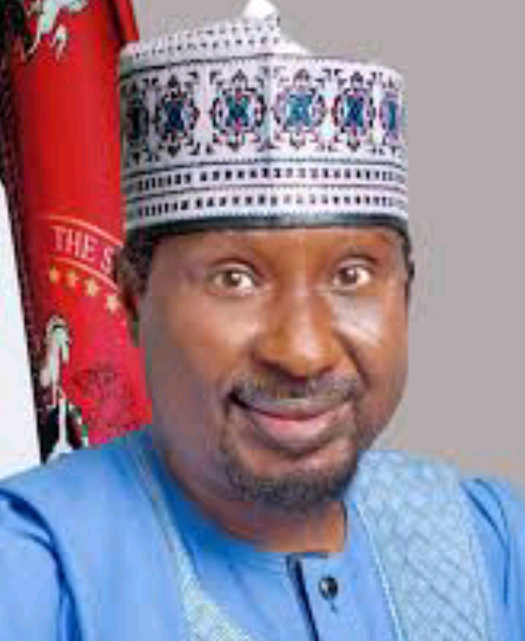The Senate Committee on the Review of the 1999 Constitution is set to hold simultaneous public hearings across Nigeria’s six geo-political zones on July 4 and 5, 2025, focusing on critical amendments, including the constitutional recognition of local government councils and the creation of state police.
According to a statement by Ismail Mudashir, Special Adviser on Media and Publicity to the Deputy Senate President and Committee Chairman, Senator Barau I. Jibrin, the hearings will take place in Lagos (South West), Enugu (South East), Ikot Ekpene (South South), Jos (North Central), Maiduguri (North East), and Kano (North West). These consultations are aimed at giving Nigerians a direct voice in reshaping the Constitution.
Top among the constitutional issues up for debate is a bill proposing full recognition of Local Government Councils as an independent tier of government, alongside the establishment of an autonomous electoral body for local government elections. Also on the agenda is the formal recognition of National, State, and Local Government Councils of Traditional Rulers.
“This is a critical moment for our democracy,” Senator Barau stated. “We are calling on all Nigerians to participate in this national dialogue to ensure the constitution truly reflects the will of the people.”
Key proposals to be deliberated include the creation of state police and security councils to tackle insecurity through localized strategies, as well as multiple fiscal governance reforms. These include bills mandating strict budget submission timelines for governors and the president, and another to strengthen the Revenue Mobilisation, Allocation and Fiscal Commission.
In addition, no fewer than 31 requests for the creation of new states have been submitted — with seven from the North East alone, and others from the South South, South West, and North Central zones.
The committee is also reviewing bills on gender equity, including the reservation of additional legislative seats for women in both the National Assembly and State Assemblies. Other critical issues include diaspora voting rights, the legalisation of independent candidacy across all election levels, and over 20 judicial reform bills targeting faster justice delivery and expanded tribunal powers.
“This is more than a legal exercise — it is a democratic process,” Barau said. “Every Nigerian has a stake in the Constitution. This is your opportunity to be heard.”
The hearings mark a significant push toward a more inclusive and responsive Constitution, aimed at strengthening democratic governance and national unity.
